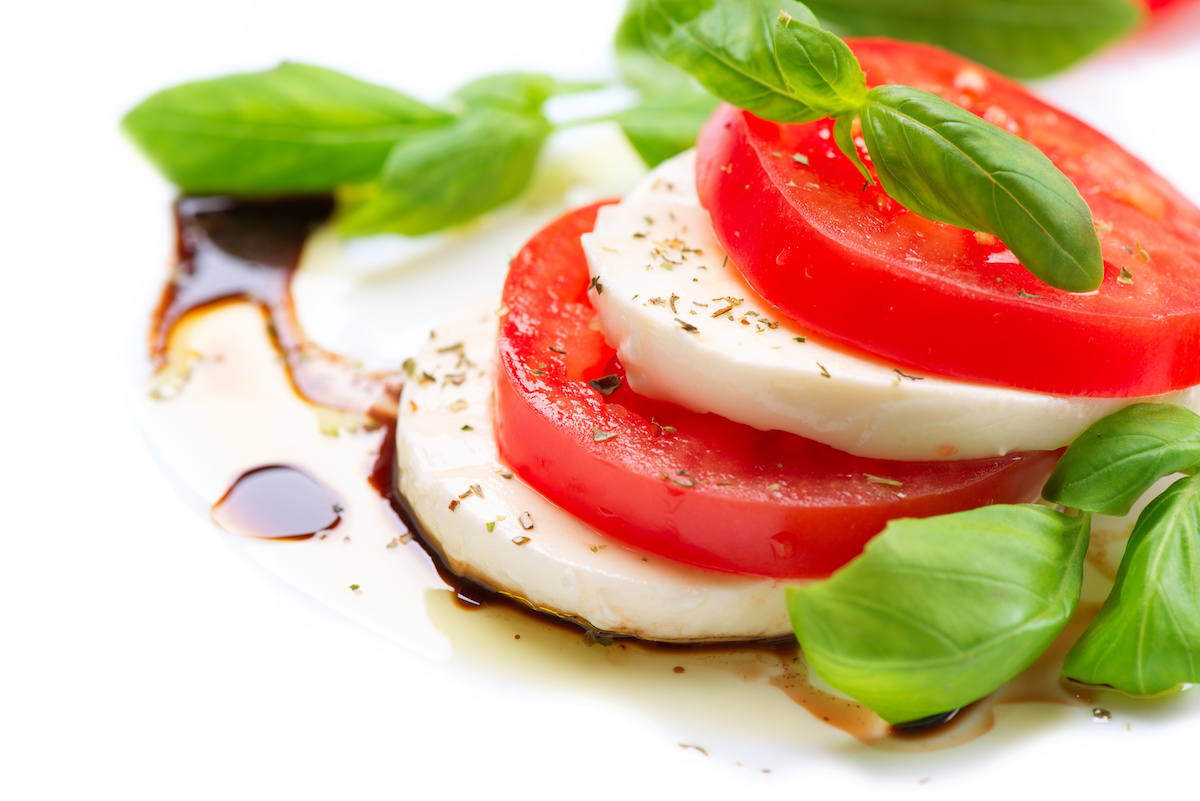Why Your Brain Loves Avocados!
/It was some considerable time ago that avocados leapt into the superfoods chart thanks to the impressive levels of a group of monounsaturated fats that have been shown to provide important anti-inflammatory benefits to our body systems - particularly the cardiovascular system. All manner of new and exciting superfoods have hit the charts since then (goji berries, macqui berries, watermelon seeds, chia seeds, chaga mushrooms - the list goes on) but research into the health benefits of the now-perhaps-overly-familiar avocado continues and this is extremely good news!
A recent study conducted at Tufts University found that the consumption of fresh avocado is an effective way to increase lutein levels in the eyes and brain. Lutein is an anti-inflammatory and antioxidant plant chemical which is found in fruits and vegetables and avocados are a rich source. Researchers found that one medium avocado per day increased lutein levels by 25% in the eyes and progressive improvement on tests that evaluated memory, processing speed and attention levels in the control group (40 healthy adults over the age of 50) leading to a meaningful proposal that the consumption of fresh avocado daily may lead to increased macular pigment density and improved cognitive function in healthy older adults. This study also revealed that lutein levels in the eye more than doubled in subjects that consumed fresh avocados compared to those that took a supplement.





















